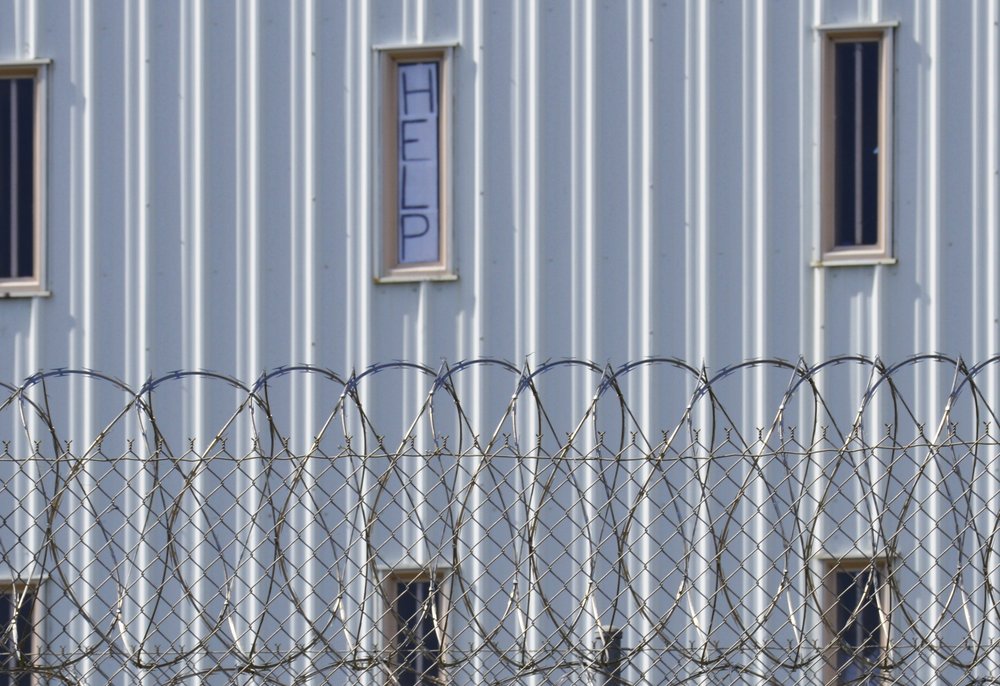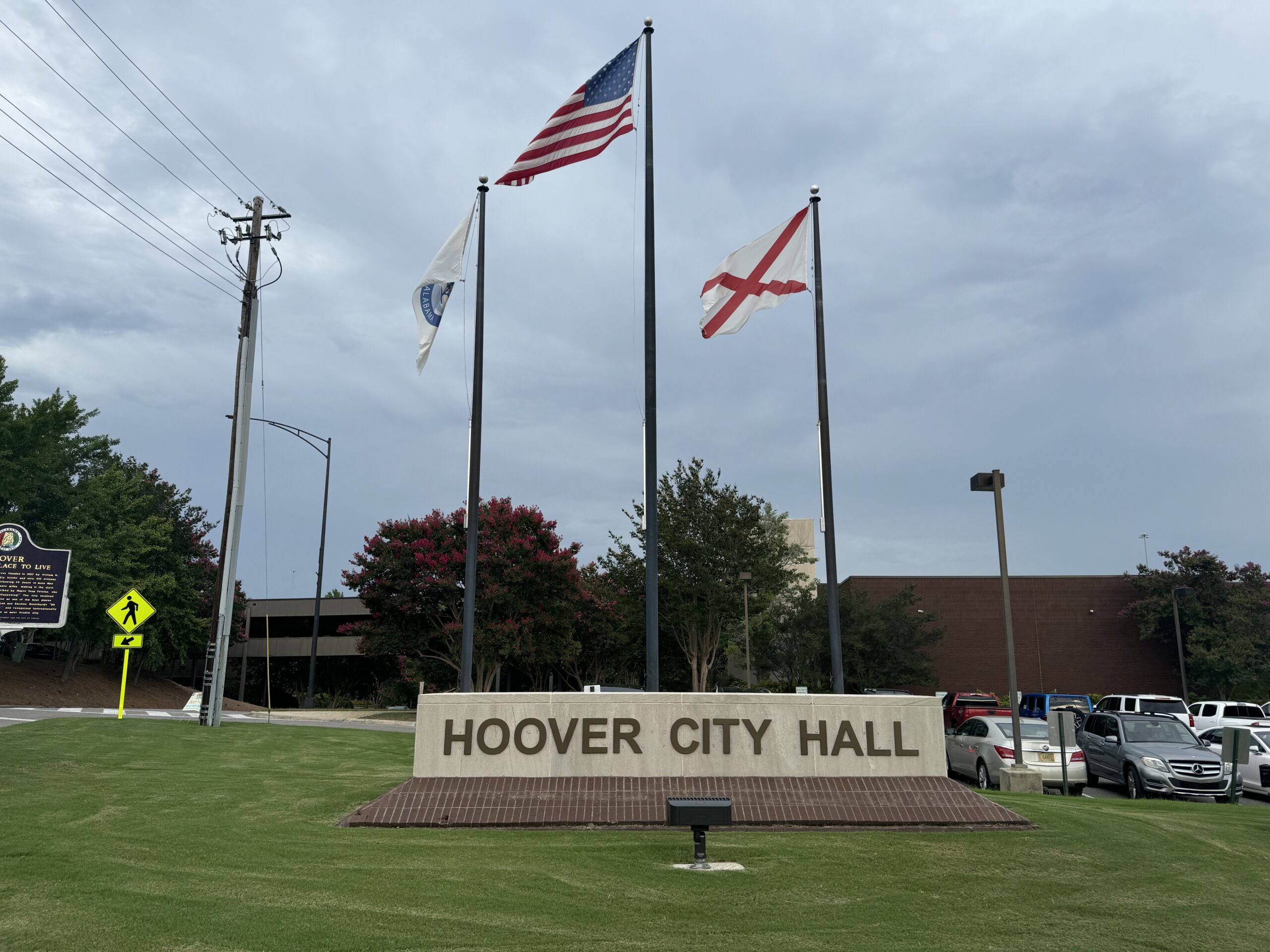The head of Alabama’s troubled prison system said Wednesday that staffing remains “the number one issue” for the department and is looking to a combination of outsourcing and pay and benefit changes to increase the number of officers working inside state lockups.
Alabama Corrections Commissioner John Hamm told lawmakers during budget hearings that the difficult labor market, which has many private industries searching for workers, has compounded the department’s difficulty in recruiting officers. He said the department has 688 funded vacant positions in security.
“Any suggestions you might have, we’re all ears. I think one of our court orders says we are going to hire X number of security staff. I don’t know how we are going to make them come to work,” Hamm told lawmakers.
A federal judge earlier this month questioned the state’s lack of progress in complying with his order to increase the number of officers. The prison system has lost more than 500 security staff employees over the last 18 months, according to court filings.
Hamm said the state plans to put a bid out to hire a private security firm to staff prison positions that do not interact with inmates. He said those functions might include operating cubicle controls, searching people coming inside the prison and possibly manning prison towers. The goal is to free up certified correctional officers to work “inside the prisons, inside the dorms where inmates are,” Hamm said.
Hamm said the Alabama Department of Corrections is also reaching out to other state law enforcement agencies to try to reach an agreement for their officers to help patrol prison perimeters.
Hamm told lawmakers the department competes with local law enforcement agencies for officers and that the department lags behind in both pay and benefits. He said the department is working with the Department of Personnel to try to raise pay scales for officers.
“Staffing is the number one issue,” Hamm told reporters after the meeting. “Staffing will solve so many other issues. … If we have enough correctional officers in dorms, they can eradicate cellphones, keep an eye on it, keep an eye on the perimeter.”
The budget meeting, where department heads present an overview of their programs and needs, comes ahead of the legislative session that begins next month. Hamm said much of the funding increase the department is requesting is to comply with court orders, including the increased cost of medical care for inmates.
Hamm said the department is also seeking $13 million for a system to combat contraband cellphones that inmates obtain.
Alabama lawmakers in 2021 approved a controversial plan to use $400 million of the state’s pandemic relief funds to help build two new supersized prisons that would house 4,000 inmates each.
Hamm said site work has begun on the prison in Elmore County. He estimated the facility would open in 2026. The approved legislation also included another prison with at least 4,000 beds in Escambia County.
Republican Sen. Greg Albritton, who advocated for the legislation, said he is not satisfied with the progress.
“I am certainly not satisfied. … We’ve had these discussions with the principals involved. They know about our concerns and they have been spoken with bluntly about the repercussions that may or could come along,” Albritton said. He declined to elaborate.
During the meeting, some lawmakers questioned the department’s decision to award a $1 billion healthcare contract to YesCare, whose previous incarnation as Corizon has faced lawsuits in other states.
“My question was how we can justify what we did with that particular bid,” Rep. Laura Hall said.
The Department of Corrections sent a statement saying that YesCare remains the preferred vendor.
“YesCare and Corizon are separate companies under different management and with different financial backing. As a result, Corizon filing for bankruptcy has no effect on YesCare,” a department statement read.
Republished with the permission of the Associated Press.
Related
Share via:














